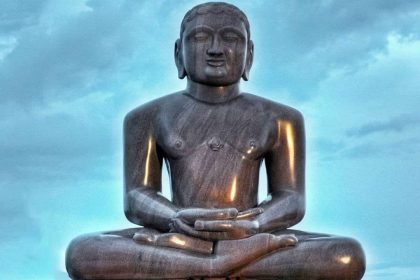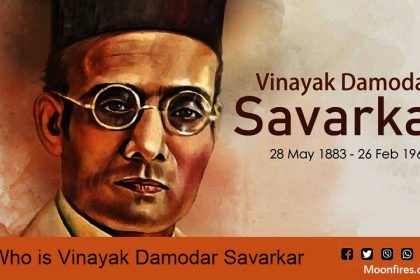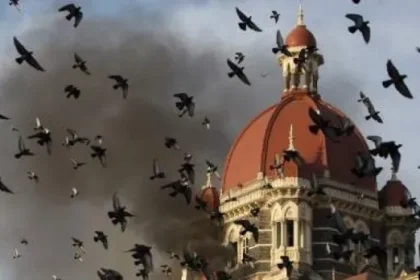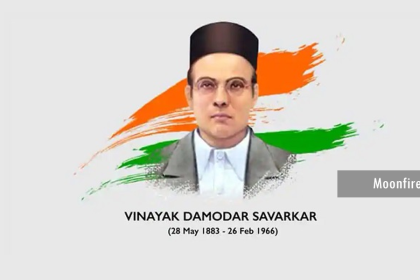The Indian Parliament attack of 2001 stands as a somber reminder of the persistent threat of terrorism and its impact on democratic institutions. On December 13, a brazen assault on the heart of India’s democracy shook the nation, leaving a profound mark on its history. This article delves into the background, unfolding events, political ramifications, international responses, and the enduring legacy of this tragic incident.
The Indian Parliament was attacked by Jaish-e-Mohammad (JeM) and Lashkar-e-Taiba (LeT) on December 13, 2001. The five terrorists were killed and fourteen others lives were lost including five Delhi Police personnel.
There were about 100 members of parliament in the building at the time of attack, although no one was hurt.
The gunmen are thought to have used a fake identity sticker to get through tight security surrounding the parliament complex.
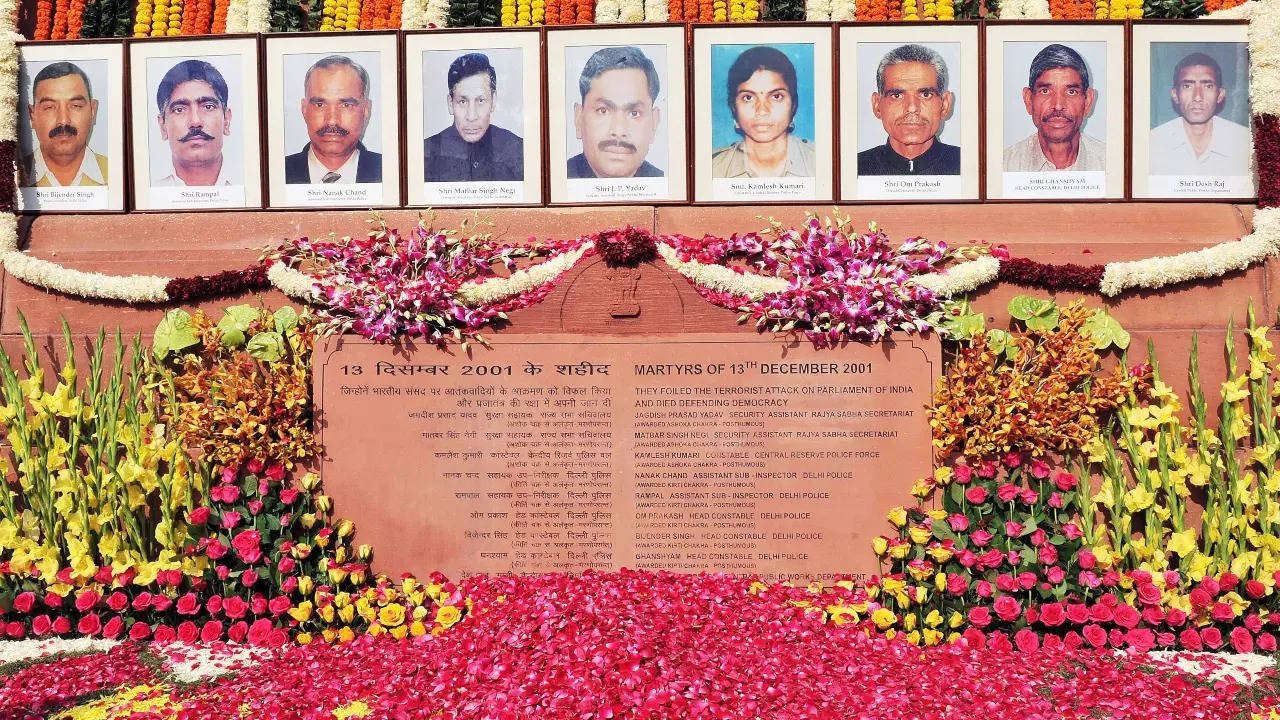
1. Background of Lashkar-e-Taiba and Jaish-e-Mohammed: To comprehend the context of the attack, it is crucial to understand the extremist ideologies of Lashkar-e-Taiba and Jaish-e-Mohammed. These Pakistan-based militant groups had been involved in various acts of terrorism, with their roots deeply embedded in the ongoing geopolitical complexities of the region.
After rigorous investigation, four accused were identified for involvement in the attack: Mohammad Afzal Guru, Shaukat Hussain Guru, SAR Gilani and Afsan Guru. While Afsan Guru was sentenced to undergo rigorous imprisonment for five years and to pay a fine, death sentences were imposed on the other three accused.
2. Timeline of the Attack: The meticulously planned attack unfolded when a car carrying five terrorists breached the security cordon and entered the Parliament complex. Armed with firearms, grenades, and explosives, they launched a deadly assault, resulting in a fierce encounter with security forces. The timeline of events reveals the audacity and determination of the attackers.
3. Investigation and Findings: Following the attack, a meticulous investigation ensued to identify the perpetrators and establish their links to Lashkar-e-Taiba and Jaish-e-Mohammed. The findings played a crucial role in shaping the Indian government’s response and garnering international support in condemning the terrorist organizations responsible.
Afzal Guru was hanged on 9 February 2013. There were widespread protests in various parts of the country opposing the death sentence. In New Delhi, both Delhi University and Jawaharlal Nehru University students protested outside Jantar Mantar, which resulted in clashes between the students and Delhi Police.
4. Political Fallout: The attack had profound political consequences, escalating tensions between India and Pakistan. Accusations flew, with India holding the two militant groups accountable for orchestrating the assault. The incident contributed to a deterioration in diplomatic relations and set the stage for the 2001–Pakistan standoff.
5. International Response: The international community swiftly condemned the attack, with the United States playing a pivotal role in mediating between the two nuclear-armed neighbors. The incident underscored the global concern over terrorism and the need for concerted efforts to combat extremism.
6. Impact on Security Policies: In the aftermath, India implemented comprehensive security measures, reevaluating protocols around key government installations. The attack prompted a reexamination of counterterrorism strategies, leading to the strengthening of security apparatuses to prevent future incidents.
7. Legacy and Lessons Learned: The 2001 Indian Parliament attack left an enduring legacy, shaping India’s approach to national security. It emphasized the need for constant vigilance, international cooperation, and a robust response to the evolving threat of terrorism. The incident remains a poignant chapter in India’s history, reminding the world of the challenges posed by extremist ideologies.
The 2001 Indian Parliament attack serves as a stark reminder of the vulnerabilities faced by democratic institutions in the face of terrorism. The incident prompted a collective response from the international community, highlighting the importance of unity in confronting and eradicating the scourge of terrorism. As nations continue to grapple with these challenges, the lessons learned from this tragic event remain relevant in fostering a more secure and resilient global community.



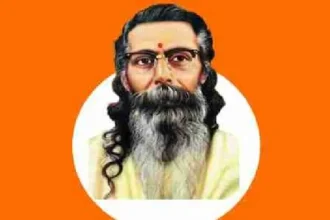


 If you want to use your preferred UPI app, our UPI ID is raj0nly@UPI (you can also scan the QR Code below to make a payment to this ID.
If you want to use your preferred UPI app, our UPI ID is raj0nly@UPI (you can also scan the QR Code below to make a payment to this ID.